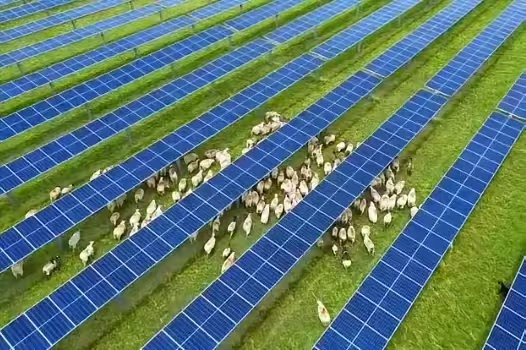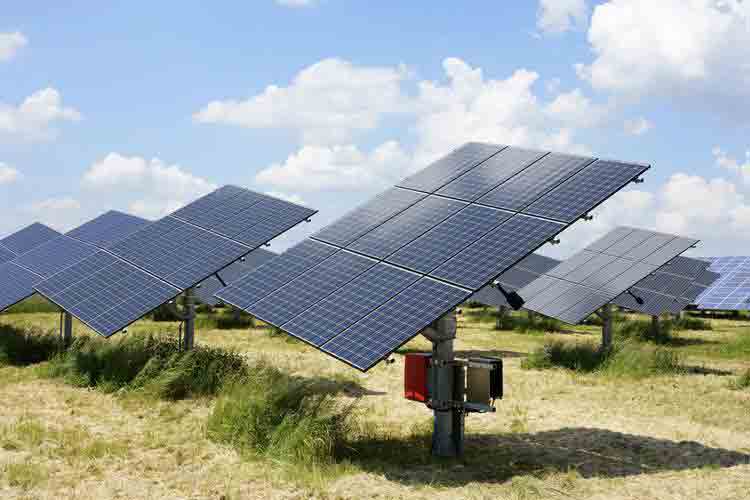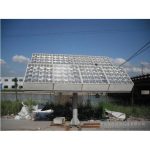
The Promising Future and Benefits of Installing Solar Trackers on Farms
The integration of renewable energy sources into agricultural practices is not just a trend but a necessary evolution towards sustainable farming.Among the various technologies available,solar trackers have emerged as a game-changer,offering significant advantages for farms looking to harness solar energy.This article delves into the development prospects and benefits of installing solar trackers on farms,using the keywords solar tracker and solar tracking bracket.
The Role of Solar Trackers in Farming
Solar trackers are mechanisms designed to orient solar panels in relation to the sun’s position,maximizing the capture of solar radiation.This technology is particularly beneficial in farming environments where large tracts of land are available and sunlight is abundant.
Development Prospects of Solar Trackers on Farms
• Enhanced Energy Efficiency:As solar technology advances,solar trackers are becoming more efficient and affordable.This trend is expected to continue,making solar trackers a viable investment for farms of all sizes.
• Integration with Farm Operations:The prospect of integrating solar trackers with other farm operations,such as irrigation systems and greenhouses,offers a holistic approach to sustainable farming.This integration can lead to a more efficient use of resources and energy.
• Economic Incentives:Governments worldwide are offering incentives for the adoption of renewable energy technologies.These incentives can significantly reduce the initial investment required for installing solar trackers on farms.
• Technological Advancements:The ongoing development of smart tracking systems and durable materials for solar tracking brackets will further enhance the performance and longevity of solar trackers in farming applications.
Benefits of Installing Solar Trackers on Farms
• Increased Energy Yield:Solar trackers can significantly increase the energy yield from solar panels by ensuring they are always angled to receive the maximum amount of sunlight.
• Cost Savings:Over time,the energy generated by solar trackers can lead to substantial savings on electricity bills,providing a stable source of income for farms.
• Environmental Sustainability:By generating clean energy,solar trackers contribute to reducing the carbon footprint of farming operations,aligning with the growing consumer demand for sustainable products.
• Diversification of Farm Income:Farms can benefit from selling excess energy back to the grid,diversifying their income streams and adding resilience to market fluctuations.
• Reduced Dependency on Utility Companies:With solar trackers,farms can become more energy self-sufficient,reducing their dependency on utility companies and the associated risks.
Challenges and Considerations
Despite the numerous benefits,there are challenges to consider:
• Initial Investment:The upfront cost of solar trackers can be a barrier for some farms,particularly smaller operations.
• Maintenance Requirements:Solar trackers require regular maintenance to ensure optimal performance,which can add to the operational costs.
• Space Considerations:The installation of solar trackers requires a significant amount of space,which might be a constraint for some farms.
Conclusion
The future of solar trackers on farms is promising,offering a sustainable and economically viable solution for energy generation.As technology advances and costs decrease,the benefits of solar trackers will become increasingly apparent,making them an essential component of modern farming practices.By embracing solar trackers,farms can enhance their energy efficiency,reduce costs,and contribute to a more sustainable agricultural sector.







